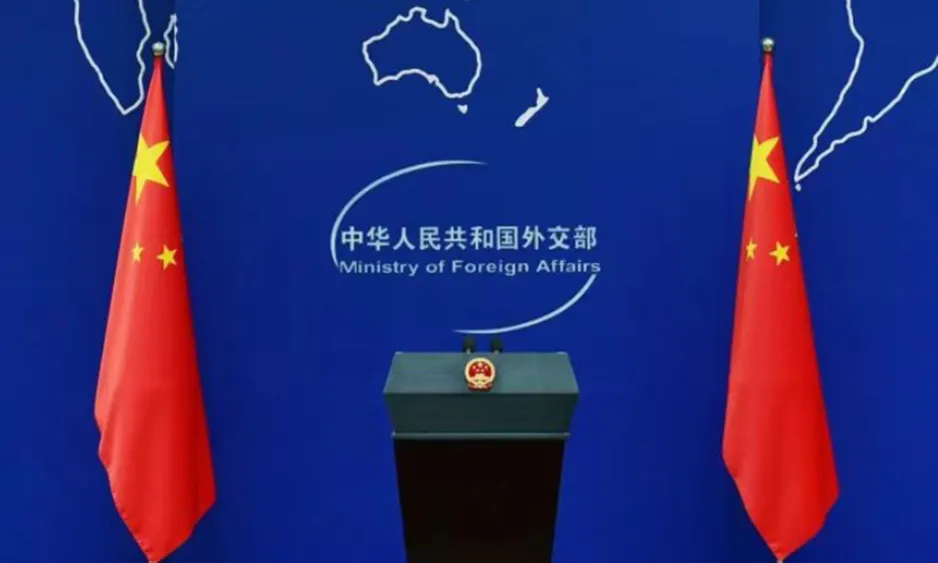Chinese FM warns against arbitrary tariffs amid US BRICS threat

A spokesperson for the Chinese Foreign Ministry recently reiterated that the BRICS bloc prioritizes open and win-win cooperation, responding to recent threats from US President Donald Trump regarding tariffs on countries associated with BRICS. The comments came in light of Trump's assertion that he would impose an additional 10 percent tariff on nations aligning themselves with what he described as 'anti-American policies.'
In a social media announcement, Trump emphasized that there would be 'no exceptions' to this policy, highlighting the administration's aggressive stance towards countries involved with BRICS, which includes key players such as Brazil, Russia, India, China, and South Africa.
During a press briefing, the Foreign Ministry spokesperson, Mao Ning, underscored that the BRICS mechanism serves as a vital platform for fostering cooperation among emerging markets and developing nations. She stressed that BRICS promotes inclusiveness and does not aim to target any specific nation.
Mao also articulated China's long-standing position on tariffs, insisting that trade wars yield no victors and that protectionism is counterproductive. She firmly stated that measures like arbitrary tariffs are not beneficial for any party involved.
When pressed about China's potential response to US tariffs, Mao maintained that China has consistently opposed the use of tariffs as tools of coercion. The reiteration of this stance reflects the overarching Chinese narrative against what they perceive as aggressive trade policies.
Expert Zhou Mi, from the Chinese Academy of International Trade and Economic Cooperation, commented on the US's ongoing reliance on tariffs, calling such an approach detrimental to global economic cooperation and illustrating a misunderstanding of contemporary trade dynamics.
Zhou remarked that these protectionist measures contradict the global trend towards economic integration and called into question their efficacy in addressing international economic challenges.
The latest BRICS summit, held in Rio de Janeiro, produced a declaration rejecting unilateral and punitive measures that violate international law. Attendees voiced their collective concern over the proliferation of trade-restrictive actions that threaten the stability of the global economy.
The declaration not only criticized tariffs but also highlighted the risks posed by non-tariff barriers that disrupt supply chains and competition in international markets.
Zhou noted that the BRICS framework is built around mutual respect and shared interests, aiming to support inclusive and sustainable development. This collaborative environment has attracted greater interest from developing nations seeking to engage in global economic growth.
He concluded by stating that the US perceives the strengthening ties among BRICS countries as a challenge to its dominance, while emphasizing that BRICS is focused on fostering cooperation rather than forming an exclusive bloc against any particular nation.
Read These Next

Xinya Electronics Advances Lotus Core Solutions for High-Speed Cables
Xinya Electronics' "lotus core structure" is mass-produced for PCIe series and used in 224G/448G cables, advancing high-speed communication in China.

Stability and Growth at Audema Automotive Group
Analysis of Audema Automotive Group Holdings Limited's recent annual report focusing on key changes, financial stability, and associated risks.

China's Booming Theme Parks Showcase Tourism Growth Potential
Theme parks like Shanghai's LEGOLAND boost China's consumption growth and tourism strategy amid rising domestic travel.
